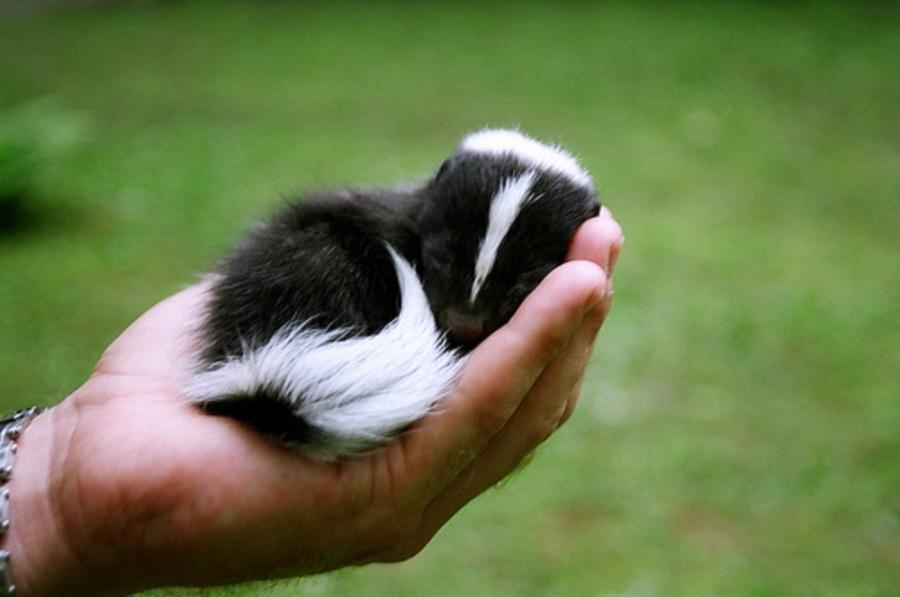Exotic Pets becoming an obsession
November 6, 2014
Many, as children, could say they have taken in a wild pet before—a turtle, a bunny or, possibly, a bird. It’s normal for a child to want to take home a furry friend, but what if the child wanted to take home a snake or tarantula? There are many strange pets out there. Why do these pet owners adore them so much?
Scott Shoemaker, director of Responsible Exotic Animal Ownership (REXANO), a U.S. education and lobby group said, “First, it’s just a love for the animal itself, a fascination with it. Second, it’s probably the challenge. Third, it’s the amount of dedication it takes” (theglobeandmail.com).
Shoemaker owns several strange and exotic pets, himself, including a cougar, bobcat, ocelot, several tigers and an African lion on his 10-acre property in Pahrump, Nevada.
It is true, exotic pets require special care, housing, diet and maintenance unlike the average dog and cat.
Surprisingly enough, this doesn’t stop the millions of wild animal pet owners in the U.S (bornfreeusa.com). Born Free USA said it’s impossible to determine the exact number, because most states do not keep accurate data on exotic animals entering their sate.
According to National Geographic’s 2014 April issue, more exotic pets live in American homes than are cared for in zoos.
Wisconsin Department of Agriculture, Trade and Consumer Protection defines an exotic pet as any companion animal other than a dog, domestic housecat, ferret, hedgehog, pet bird, rabbit or domestic rodent (gerbil, guinea pig, hamster, or domestic mouse or rat).
Wisconsin, currently, does not have any restriction on exotic animals besides a Certificate of Veterinary Inspection (CVI). However, La Crosse does have restrictions within its city limits regarding ownership of any live monkey (nonhuman primate), raccoon, skunk, fox, poisonous snake, leopard, panther, tiger, lion, lynx or any other warm-blooded animal that can normally be found in the wild state.
In light of La Crosse, Kelly Foxton, from TLC’s episode of My Crazy Obsession, for example, has an obsession with her pet squirrel. “Obsessed,” in this case, means dressing up, photographing her pet squirrel and much more.
Foxton’s husband, Drew Gardner, said, “Sugar Bush [the squirrel] started out as a means to have fun with, and it just snowballed” (tlc.com).
This is a bit of an extreme example, but it shows the obsession carried out by some pet owners.
Squirrels are not the only strange pets, and most do not need to be picked up off a tree. The Madagascar hissing cockroach can be bought for $.25 to three dollars. A tarantula can be purchased for $15, an Emperor scorpion for $20 and a Sugar Glider for $200 (therichest.com). Hedgehogs, which are legal in La Crosse, can be bought for $300, and, although, they have 5,000 to 7,000 quills, they do not trigger allergies and some would say they are, actually, “quite cuddly” (therichest.com).
There are many different pets in the households of America. Some are considered cute, while others weird. Although an obsession over anything is not considered healthy, it is apparent that exotic animals are more prominent than it seems in the households of not only the U.S., but Wisconsin, as well.






